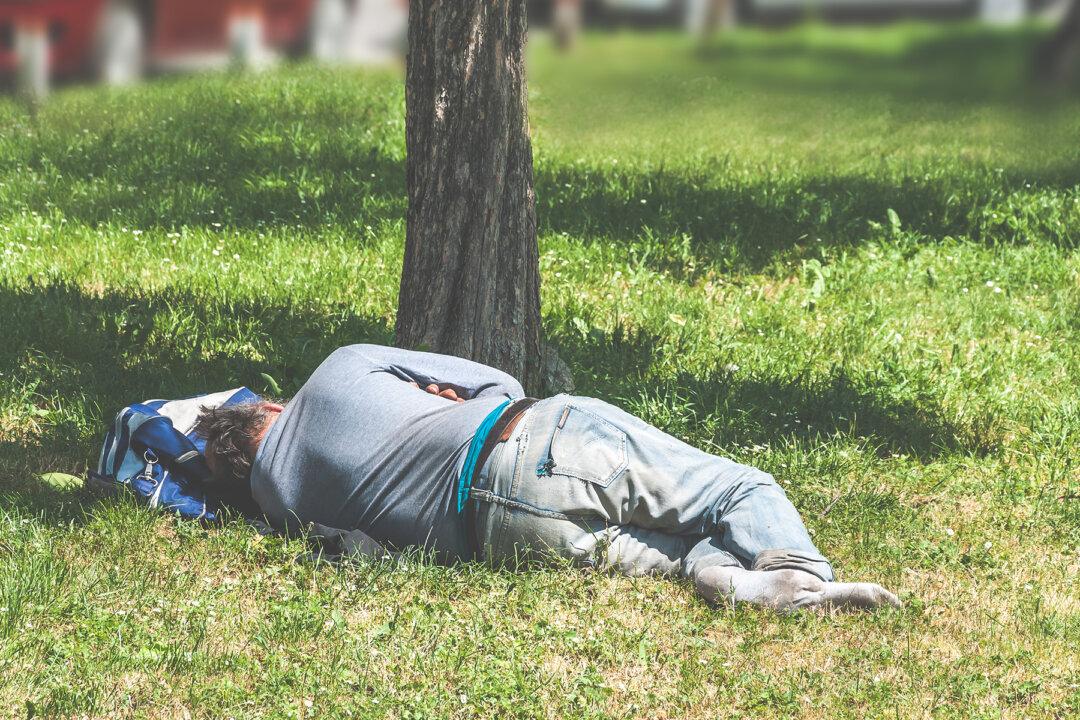SAN FRANCISCO—Hypodermic needles and human waste littering the streets of San Francisco have become an increasingly common occurrence.
A recent project by Open the Books, a nonprofit organization dedicated to providing transparent information about government spending and actions, analyzed a San Francisco database of calls to the city’s primary customer service line about the debris from 2011 to 2018. In mapping out all the reports, the organization detailed a sharp rise in the number of cases across the city.





